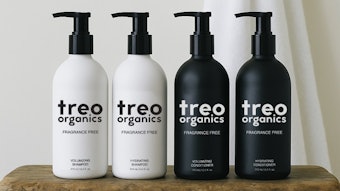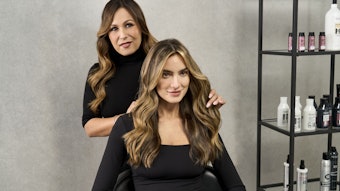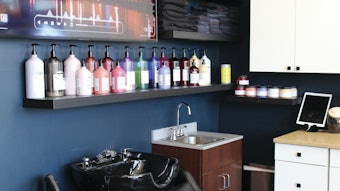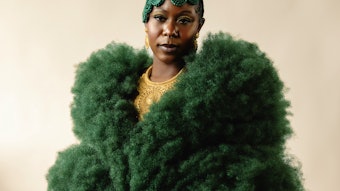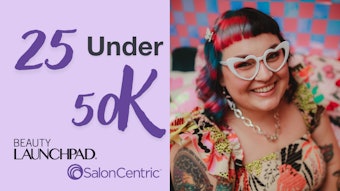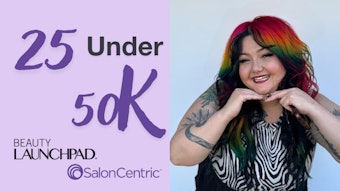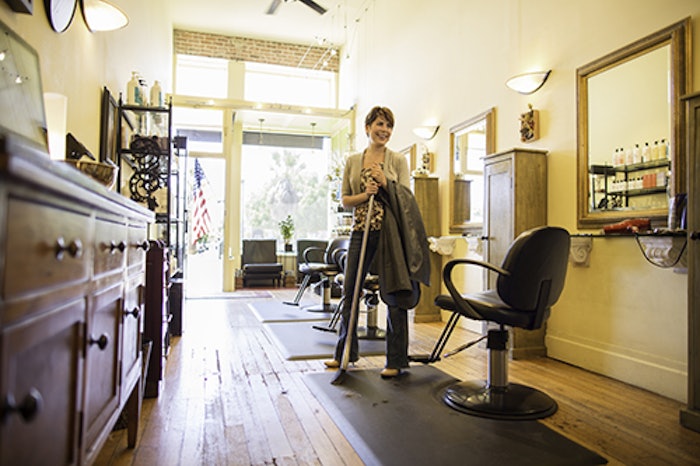
The road to recovery for the professional beauty industry continues. Data from the U.S. Bureau of Labor Statistics explains only 93,000 people were on payroll at employment-based salons in April 2020 – down from 569,000 in February 2020. This represented the fewest number of salon jobs in well over five decades. In January 1972 (the earliest available data), there were 259,000 employees working at “Beauty Shops” (SIC Code 723).]
According to the BLS data, the salon industry has since begun to recover, with employment-based salons adding 401,000 jobs between May and November. However, the industry’s employment level remained 13 percent – or 76,000 jobs – below its pre-coronavirus level in February.
In comparison, the nation’s overall private sector lost more than 21 million jobs between February and April – a decline of 16 percent. The private sector added 12.8 million jobs between May and November – but remained more than 6 percent below its February level.
Congress continues to consider legislation to help businesses recover from the economic impact of the COVID-19 pandemic. The Healthy and Safe Workplace Tax Credit will provide tax credits for certain expenses relating to the cost of safety related modifications and materials to protect employees.
Congressman Tom Rice (R-SC) and Congresswoman Stephanie Murphy (D-FL) along with Congressman Darin LaHood (R-IL) and Congressman Jimmy Panetta (D-CA) introduced the Healthy Workplaces Act.
According to U.S. Congressman Tom Rice’s office, the Healthy Workplaces Act will include tax credits and encourage safely reopening by:
- Enabling businesses to take the recommended steps to prevent the spread of COVID-19 in their workplaces.
- Providing a refundable tax credit against payroll taxes for 50% of the costs incurred by the business for COVID-19 testing, personal protection equipment (PPE), disinfecting, extra cleaning, and reconfiguring workspaces.
- Is limited to $1,000 per employee for a business’s first 500 employees
An independent survey conducted by the National Safety Council found employers have spent an average of $5,208 per employee on safety related practices from providing PPE to additional training.
The bipartisan, bicameral legislation will help businesses in the professional beauty industry with disinfecting requirements, personal protection equipment, physical distancing modifications such as plexiglass, and educational materials.
Data provided by International Sanitary Supply Association (ISSA) shows 3 in 5 adults feel more confident entering establishments that have implemented cleaning and disinfecting practices. ISSA highlights the legislation will not only provide confidence to both employees and customers, it will also provide an income tax credit for expenditures made to reconfigure workspaces last year (March 12, 2020- December 31, 2020). The credit provides 50% of costs incurred up to $3,000 per employee for a business’s first 500 employees.”
The Professional Beauty Association (PBA) and 50+ organizations support a Healthy & Safe Workplace Tax Credit to help offset the costs of new solutions, technologies, and training to keep employees and customers safe. A Healthy and Safe Workplace Tax Credit can help businesses cover the cost of cleaning and disinfecting solutions, PPE, physical distancing modifications, and employee training to make these environments safer. PBA stands in support of a Healthy and Safe Workplace Tax Credit that would help businesses cover the cost of new cleaning and safety solutions to better protect their workforces and their customers.
The Advocacy Action Center on the ISSA website has an easy, simple way to send a message to Members of Congress in support of the Healthy and Safe Workplace Tax Credit. Supporters can visit www.issa.com/taxcredit.
PBA continues to seek ways to support the professional beauty industry at both the state and federal level, by joining national coalitions, writing letters, and participating in campaigns and works for the inclusion of licensed beauty professionals in these policy discussions.
